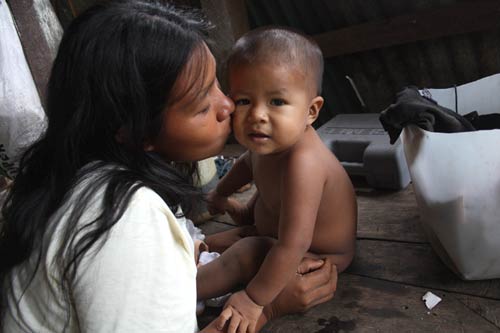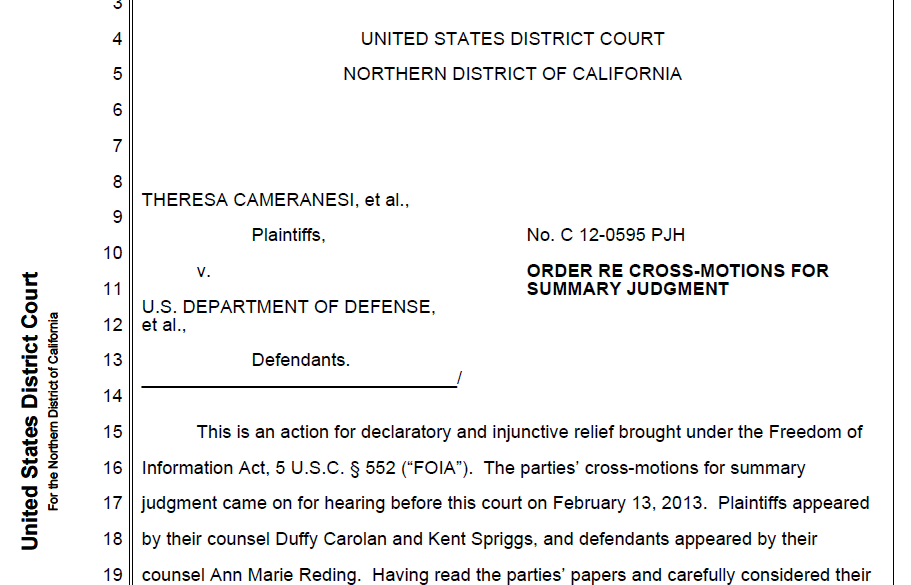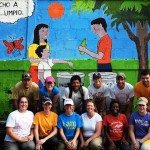Voting for the Displaced in Colombia
written by: Cara Pavlak, Jesuit Volunteer and Outreach Coordinator, Jesuit Refugee Service/USA

A mother and her two children, members of the Santa Rose indigenous community. This community recently returned to their land without guarantees of protection from the government. They have declared that their village is an arms-free community, but they are constantly threatened by paramilitary groups and live in fear of being forced off their land once again. (Christian Fuchs–Jesuit Refugee Service/USA)
As I look forward to this year’s elections, I have to admit: I’m concerned. With the exorbitant amounts of money flooding into campaigns to make sure we elect various candidates, the talking heads bickering about policy, and the attack ads starting, it seems hard to escape “Election 2012.” Amidst all the voices and opinions, I wonder: whose voices aren’t we hearing? More specifically, where is the voice of the refugee, the vulnerable migrant, and the forcibly displaced person in “Election 2012”?
As I’m writing this on June 20, the UN’s designated World Refugee Day, I have the unheard voices of the displaced on my mind as I observe and participate in the flurry of activity via social media on Twitter. How will our votes this fall affect their lives?
One direct link that comes to mind is the U.S. refugee resettlement program and our foreign aid accounts. Whoever we elect to Congress will vote on our nation’s budget, and whoever is elected or re-elected President will appoint policymakers to our State Department and guide U.S. policies towards forcibly displaced people around the world. Yet those who may benefit or be harmed by our refugee resettlement program and foreign aid will not have a say in who is elected.
In particular, I am thinking of our brothers and sisters in Colombia, suffering from a civil war that is over four decades long, resulting in the most urgent humanitarian crisis in our hemisphere. Over five million people have been uprooted from their homes and forced to another part of their country, while another 500,000 Colombians have fled to neighboring countries in an attempt to escape violence and persecution by Colombian guerillas, paramilitaries, and, on occasion, even the Colombian regular army and Security Forces.
Over the past decade, the U.S. government has sent more than $8 billion in aid to Colombia under a program called Plan Colombia. Until very recently, 80% of this aid was earmarked for arming and training the Colombian military, a troubled outfit that has been implicated in gross human rights abuses, which perpetuates the conflict instead of assisting with its peaceful end.
Plan Colombia is not the type of aid that truly helps those who need assistance. For every 100 dollars spent on Plan Colombia, 2 dimes go to address the urgent needs of the 5 million displaced and half-million refugee victims of the conflict. In addition, through Plan Colombia, the U.S. funds the aerial fumigation of toxic chemicals over Colombian farm land in an attempt to curb the illegal drug trade, yet the fumigations indiscriminately destroy both legal and illegal crops. Colombians who have been sprayed by the chemicals have reported high incidences of miscarriages, birth defects, and fungal skin infections, as well as the death of livestock and the poisoning of drinking water.
In the political ads this fall, you won’t see or hear the voices of Colombian refugees and internally displaced people. You won’t hear the voices of women from the Colombia countryside fleeing their homes as their spouses or fathers are killed risking sexual exploitation and assault while travelling to Ecuador, Venezuela, Panama, Costa Rica or the United States in the hopes of a new life. You won’t hear the voices of the mothers whose children were born health problems they attribute to U.S. funded aerial fumigations of their crops and drinking water. They may not have a voice, but we do. During this campaign season, I will be asking my elected representatives where they stand on issues facing refugees and displaced people. I will ask them where they stand on the funding of fumigations and war in Colombia. I will ask them for their commitment to stand in solidarity with some of the most vulnerable citizens of our world, and I will make my decision in the ballot box based on their response.
For more information on the work of Jesuit Refugee Service/USA with refugees and the displaced, please see their website: www.jrsusa.org








Leave a Reply
Want to join the discussion?Feel free to contribute!